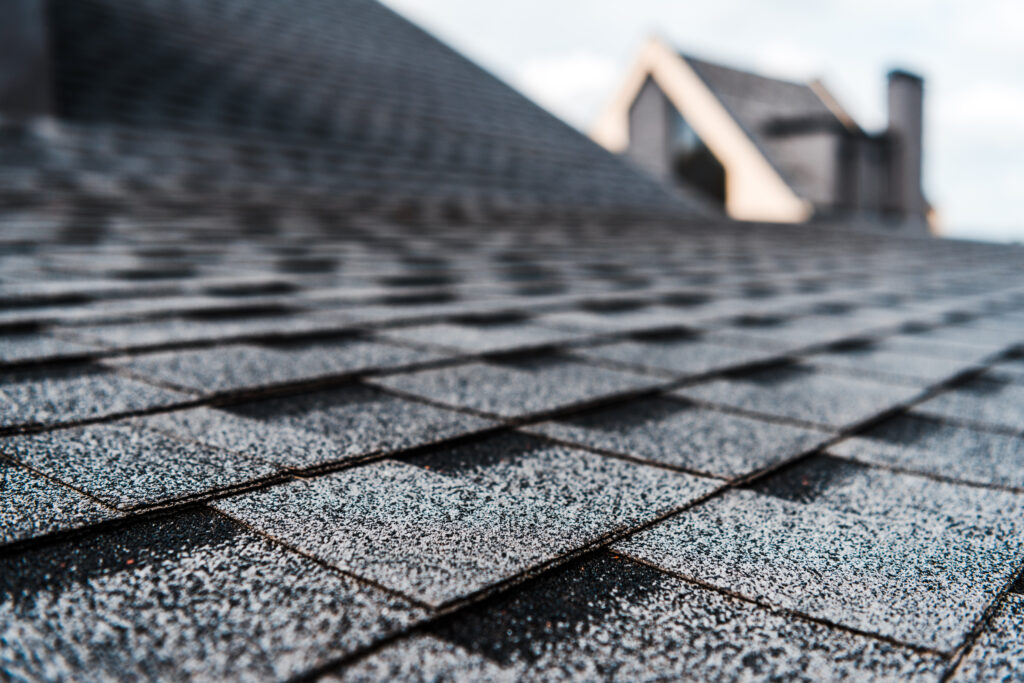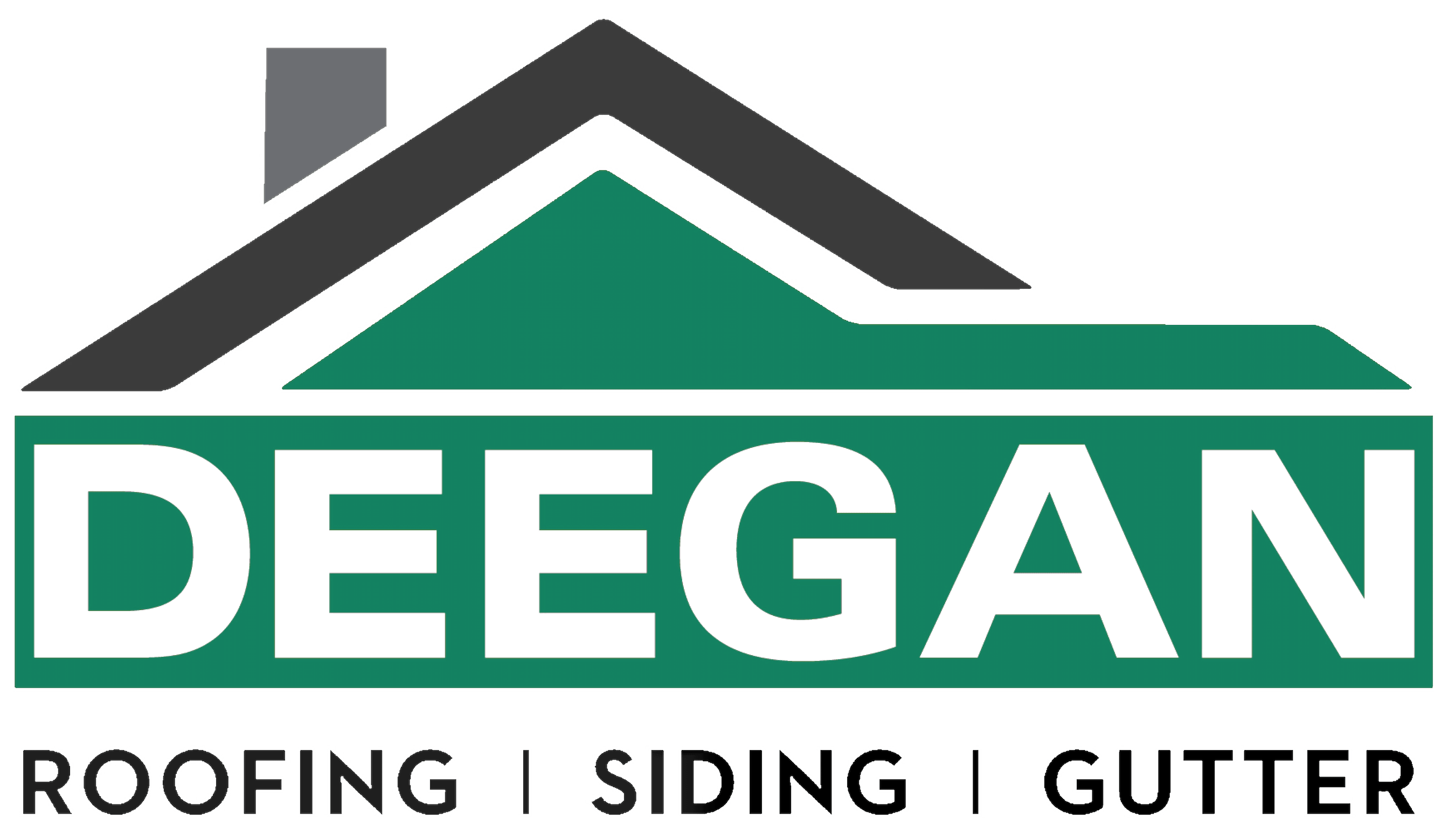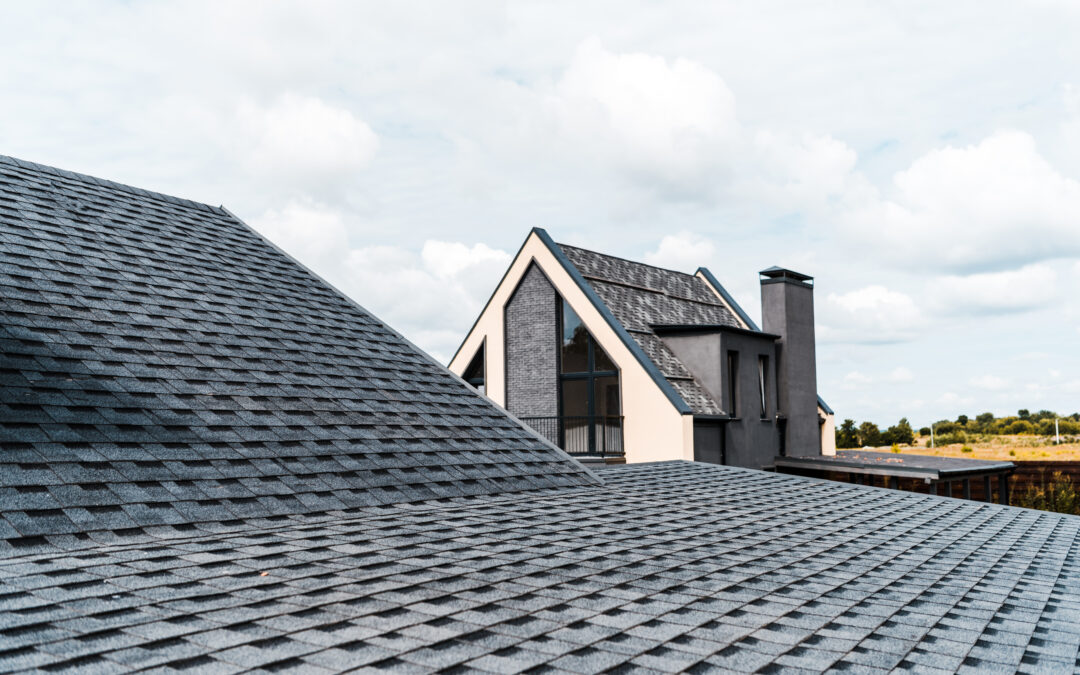When it comes to roofing in New Jersey, homeowners and contractors alike are spoiled for choice. The state’s diverse climate, which includes cold winters, hot summers, and unpredictable storms, makes choosing the right roofing material a critical decision. The ideal roofing material not only enhances the aesthetics of your home but also provides durability, energy efficiency, and protection against the elements. Below, we explore the most popular roofing materials in NJ, highlighting their benefits and considerations to help you make an informed choice.
The Most Popular Roofing Materials in NJ I Choosing the Right Material for Your NJ Home
1. Asphalt Shingles
Asphalt shingles are by far the most popular roofing material in New Jersey and across the United States. Their widespread use can be attributed to their affordability, ease of installation, and versatility.
Benefits:
- Cost-Effective: Asphalt shingles are one of the most budget-friendly roofing materials.
- Variety: Available in a wide range of colors and styles to match different architectural designs.
- Durability: High-quality asphalt shingles can last 20-30 years with proper maintenance.
- Weather Resistance: New Jersey’s changing weather is no match for modern asphalt shingles, which can withstand wind, rain, and moderate hail.
 Considerations:
Considerations:
- They may not be as environmentally friendly as other materials.
- Lifespan is shorter compared to premium options like metal or slate.
2. Metal Roofing
Metal roofing has gained popularity in NJ due to its exceptional durability and energy efficiency. While it comes with a higher upfront cost, many homeowners see it as a long-term investment.
Benefits:
- Longevity: Metal roofs can last 40-70 years, far outlasting traditional asphalt shingles.
- Energy Efficiency: Reflects solar heat, helping to reduce cooling costs during NJ’s hot summers.
- Durability: Resistant to fire, wind, and impact, making it ideal for areas prone to storms.
- Eco-Friendly: Often made from recycled materials and 100% recyclable at the end of their life.
Considerations:
- Higher initial cost compared to asphalt shingles.
- Noise during heavy rain can be an issue if not properly insulated.
3. Slate Roofing
Slate roofing is a premium option that exudes elegance and offers unparalleled longevity. Often seen on historic or luxury homes, slate is a natural stone material that has been used for centuries.
Benefits:
- Aesthetic Appeal: Provides a timeless, sophisticated look.
- Durability: With a lifespan of over 100 years, slate is one of the most long-lasting roofing materials available.
- Fire Resistance: Naturally fireproof, adding an extra layer of safety.
Considerations:
- High cost of materials and installation.
- Heavyweight requires additional structural support, which can increase costs.
- Repairs require a skilled professional, as slate can be brittle.
4. Wood Shingles and Shakes
Wood roofing, including shingles and shakes, is a popular choice for homeowners looking for a rustic or natural look. Cedar is the most common type of wood used due to its durability and resistance to decay.
Benefits:
- Aesthetic: Offers a natural, warm appearance that blends beautifully with traditional and contemporary designs.
- Durability: Properly maintained wood roofs can last 30-50 years.
- Insulation: Wood is a natural insulator, helping regulate indoor temperatures.
Considerations:
- Requires regular maintenance to prevent mold, rot, and insect damage.
- Not as fire-resistant unless treated with fire retardants.
- Higher cost compared to asphalt shingles.
5. Clay and Concrete Tiles
Clay and concrete tiles are often associated with Mediterranean-style homes but are increasingly used in other architectural designs due to their durability and aesthetic appeal.
Benefits:
- Durability: Can last 50-100 years, withstanding harsh weather conditions.
- Fire Resistance: Non-combustible, making them a safe choice.
- Low Maintenance: Require minimal upkeep over their lifespan.
Considerations:
- Heavyweight may require additional structural support.
- High cost of materials and installation.
- Limited color and style options compared to other materials.
6. Synthetic Roofing Materials
Synthetic roofing materials, such as synthetic slate or composite shingles, are gaining traction in New Jersey due to their affordability and versatility. These materials are designed to mimic the appearance of natural options like slate or wood but come with added benefits.
Benefits:
- Cost-Effective Alternative: Provides the look of premium materials at a fraction of the cost.
- Lightweight: Easier to install and doesn’t require additional structural support.
- Durability: Resistant to cracking, fading, and impact.
Considerations:
- Not as time-tested as natural materials.
- Quality can vary depending on the manufacturer.
7. Flat Roofing for Commercial Properties
While flat roofing is typically associated with commercial buildings, some modern residential designs in NJ incorporate flat roofs. Materials like EPDM (rubber roofing), TPO, and modified bitumen are commonly used.
Benefits:
- Cost-Effective for Large Areas: Ideal for commercial properties or modern flat-roof homes.
- Easy Maintenance: Simplifies inspection and maintenance tasks.
- Energy Efficiency: Reflective coatings can reduce cooling costs.
Considerations:
- Limited lifespan compared to pitched roof materials.
- Prone to water pooling if not properly installed or maintained.
The best roofing material for your home depends on several factors, including your budget, aesthetic preferences, and the specific needs of your property. Here are a few tips to help you decide:
- Climate Considerations: New Jersey’s weather demands materials that can withstand a variety of conditions, from snow to hurricanes.
- Longevity vs. Cost: Consider how long you plan to stay in your home. Premium materials like slate or metal may be worth the investment for long-term homeowners.
- Aesthetic Appeal: Choose a material that complements your home’s architectural style.
- Energy Efficiency: Materials like metal or synthetic roofing can help reduce energy costs over time.
New Jersey homeowners have a wide array of roofing materials to choose from, each offering unique advantages and drawbacks. Asphalt shingles remain the most popular choice for their affordability and versatility, while metal, slate, and synthetic materials are excellent options for those seeking longevity and aesthetics. By understanding the characteristics of each material and considering your specific needs, you can select a roofing option that provides lasting value and protection for your home.
Are You Looking for a Professional New Jersey Roofing Company?
Whether it’s a simple repair or a complete roof replacement, the best roofers in New Jersey combine skill, integrity, and customer satisfaction. Take your time to find a contractor who will deliver the quality your home deserves. If you’re looking for the best roofing services in any county in NJ, give Deegan Roofing a call today! We are a family-owned and operated company. Our goal has always been to put honesty and the needs of our customers ahead of profit. Deegan Roofing has been in business for over 30 years. Deegan Roofing is highly committed to giving back to their community. They work with charitable groups and veteran organizations regularly. Our roofing services include roof repair, roof installation, roof inspections, and more. Our experienced team takes on projects of all sizes and will work with you to ensure you end up with the roof you want. Call us today!
NJ Roofing
NJ Roofing Company
Related NJ Roofing Posts:
Roof Repair vs Roof Replacement
Is it Time to Replace Your Roof?

